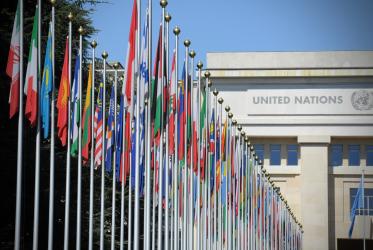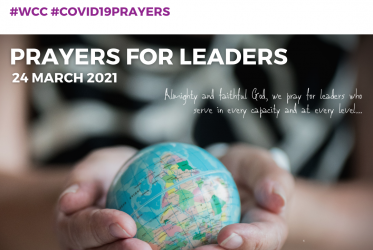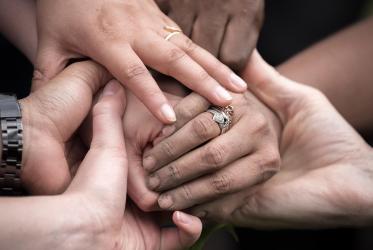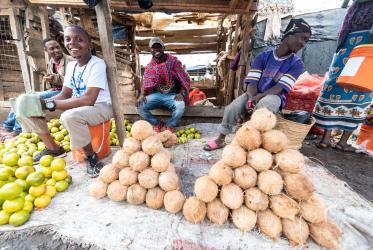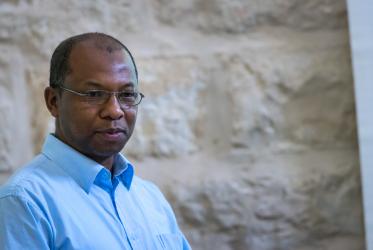Displaying 61 - 80 of 172
Week of Prayer over COVID-19, Day 1: Prayers of Lament
17 March 2021
Week of Prayer over COVID-19, Day 3: Prayers for Leaders
17 March 2021
WCC Eco-School 2021 for Pacific region on Water, Food and Climate Justice
22 - 28 February 2021
